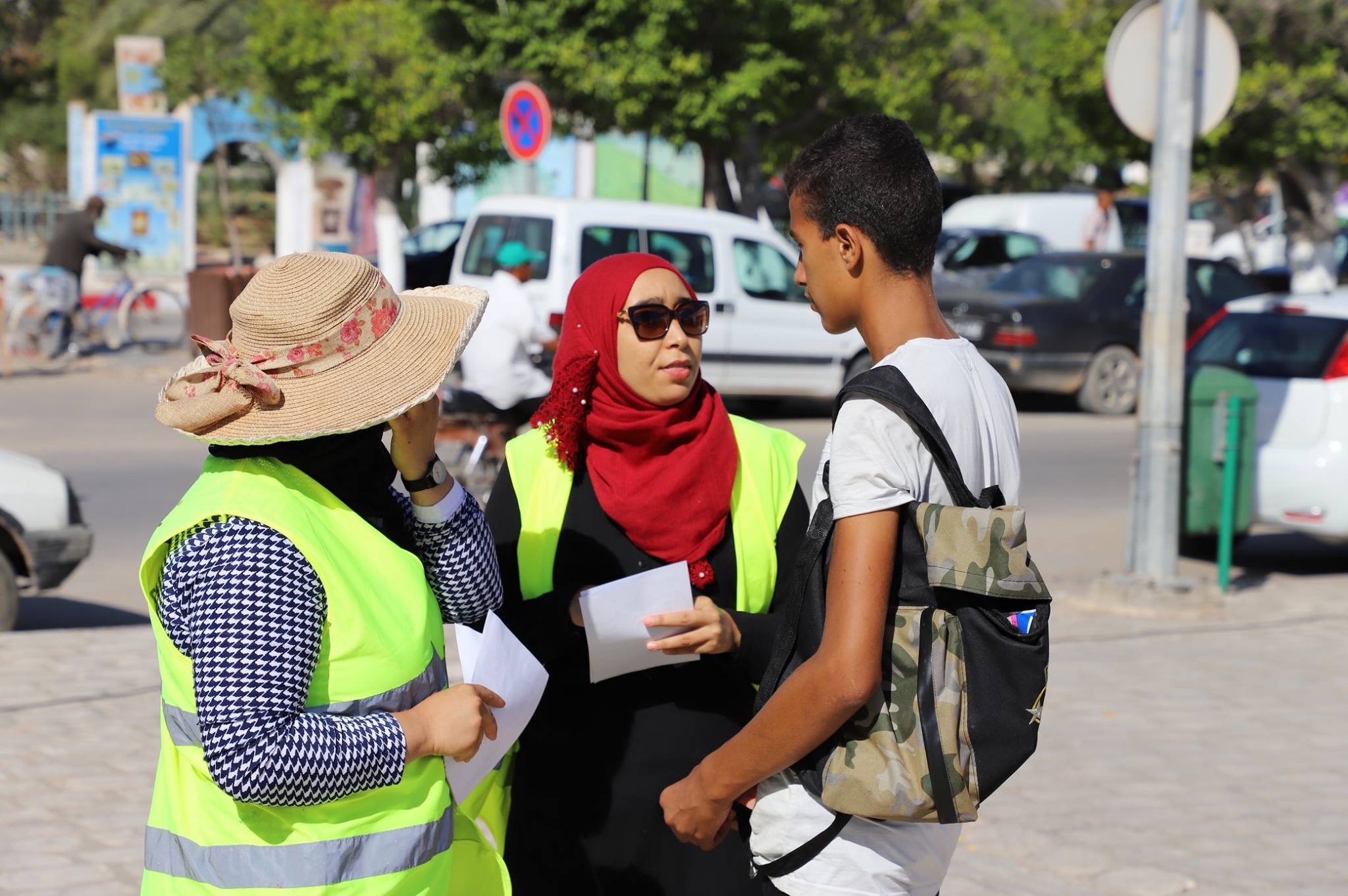Putting More Women in Office Won’t Resolve Tunisia’s Gender Gap

2019 may be dubbed as another “Year of the Woman.”
In Sudan, women led the charge in anti-government demonstrations against the oppressive al-Bashir government, making up 70 percent of protestors. Despite the Sudanese military commanding its soldiers to use rape as a weapon of deterrence, women are not backing down. The same is true in Algeria. As members of the deep state attempt to grasp the reins of power left by former autocratic President Bouteflika, Algerian women are on the front lines in demanding citizen-centered governance.
But next door in Tunisia, something else is happening. Often hailed as the success story of the Middle East and North Africa region, Tunisia is the only Arab Spring country to have sustained its democratic transition. The country also recently elected a new cohort of municipal councilors, 47 percent of whom are women.
Despite these achievements, IRI’s newest public opinion poll tells a more complicated story about the progress of female political participation in Tunisia.
From January to February 2019, IRI and its local polling partner, ELKA Consulting, conducted over 1,200 face to face interviews with a nationally representative sample of Tunisian citizens to find out what motivates Tunisians to be politically engaged.
When we asked Tunisian women why women are not more engaged in politics…
- 74 percent of female respondents said fear of violence;
- 81 percent of female respondents named lack of a support network.
What does this mean?
These statistics show that Tunisian women face substantial barriers in exercising their fundamental political rights. Beyond the Tunisian context, the data casts doubt upon the widespread practice of only using topline statistics about gender representation (e.g., a high percentage of women in parliament) as the sole indicator of gender equality.
The fact is that encouraging women to run for office, alone, does not necessarily address the existing barriers to female political participation. Why? Because it only speaks to one side of the equation: aspiring political candidates. Although encouraging women to campaign for political office is crucial and may motivate other women to vote for them, this should not be the only way of visualizing women’s political participation. IRI’s recent poll in Tunisia suggests that without broader societal reforms, female candidates do not necessarily guarantee female votes. Seventy-four percent of Tunisian women listed that women are not getting elected even if they run for political office as a major reason for women’s lack of political engagement.
What does this mean for the 2019 parliamentary and presidential elections?
Tunisia’s 2019 parliamentary and presidential elections offer the country a chance to address the crippling economic crisis that is fostering pessimism about the country’s political leadership and electoral process. Although domestic and international election observers may deem these elections free and fair, it does not mean the electoral process as a whole is free and fair if women are facing fundamental barriers to voting.
IRI’s poll shows that only 27 percent of women surveyed registered to vote in the May 2018 municipal elections. This is in comparison to 42 percent of Tunisian men who registered. Hopefully, this is a trend that will hopefully improve prior to the next elections. If Tunisia, or any society, aims to have an election that is representative of citizens’ needs and priorities, it will need to seriously re-evaluate how to lower barriers that currently hinder women from participating in political processes, whether it be voting or running for office. If significant progress can be made in this area, 2019 may prove to be the “Year of the Woman.”
Top